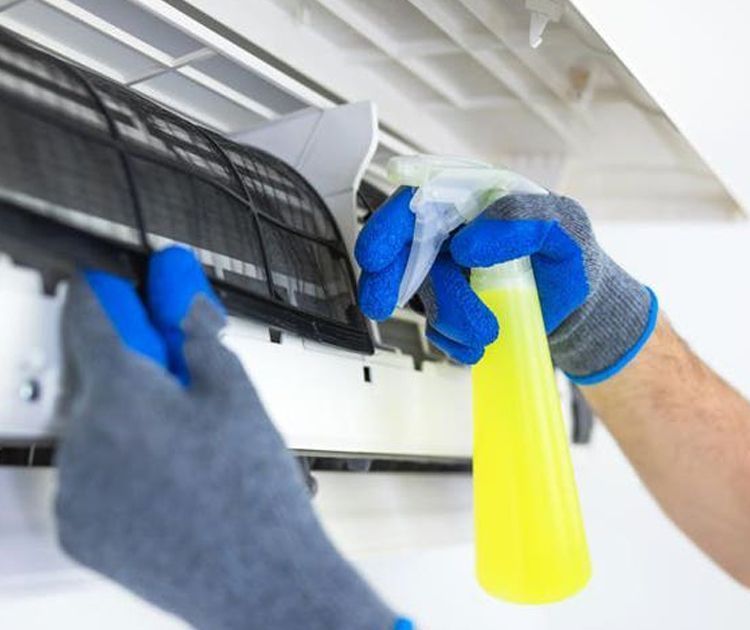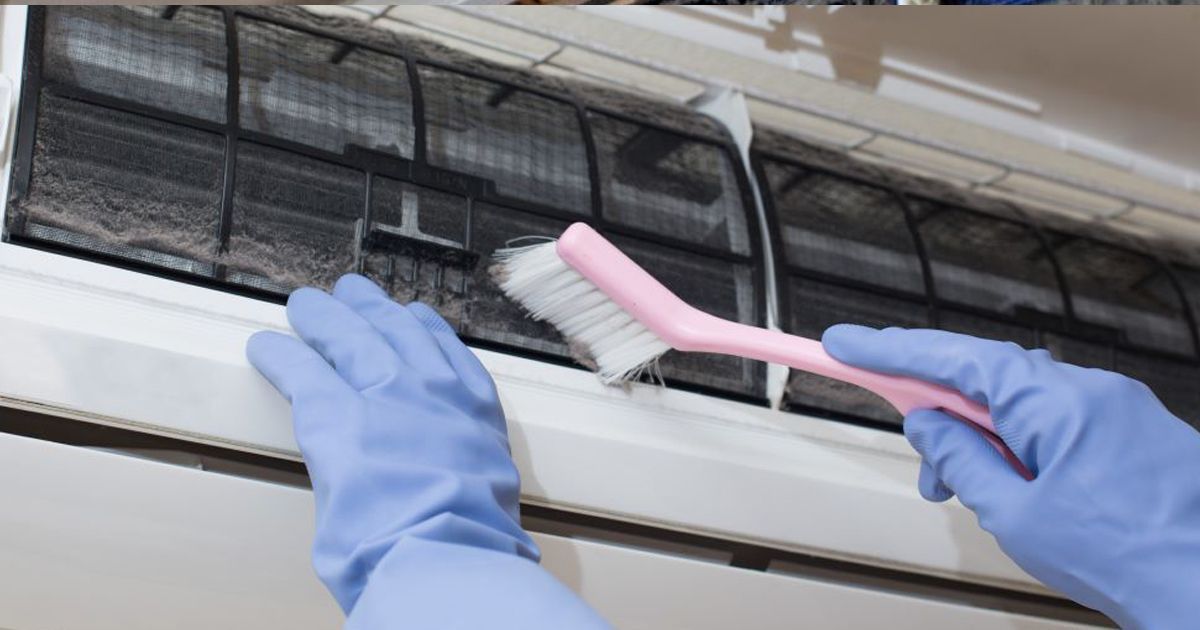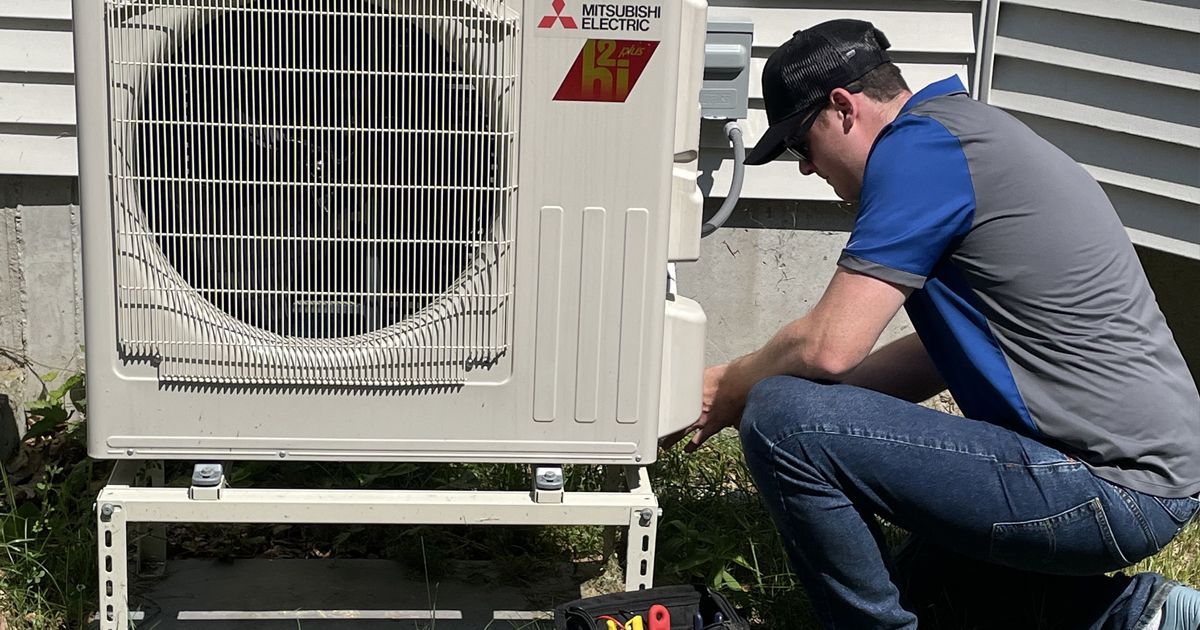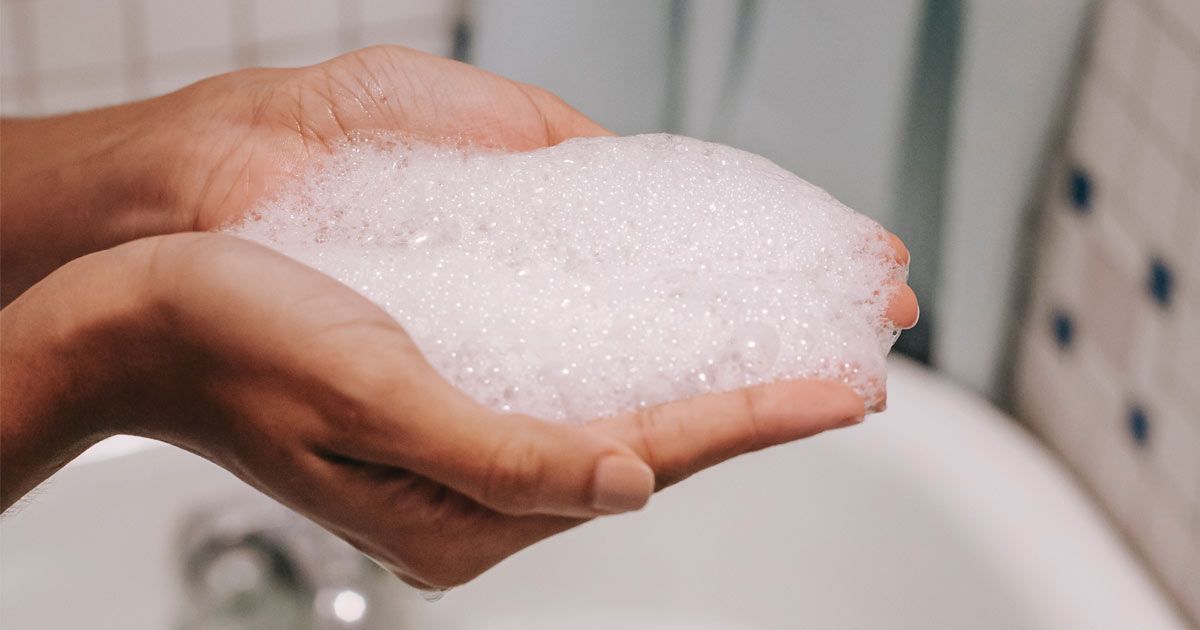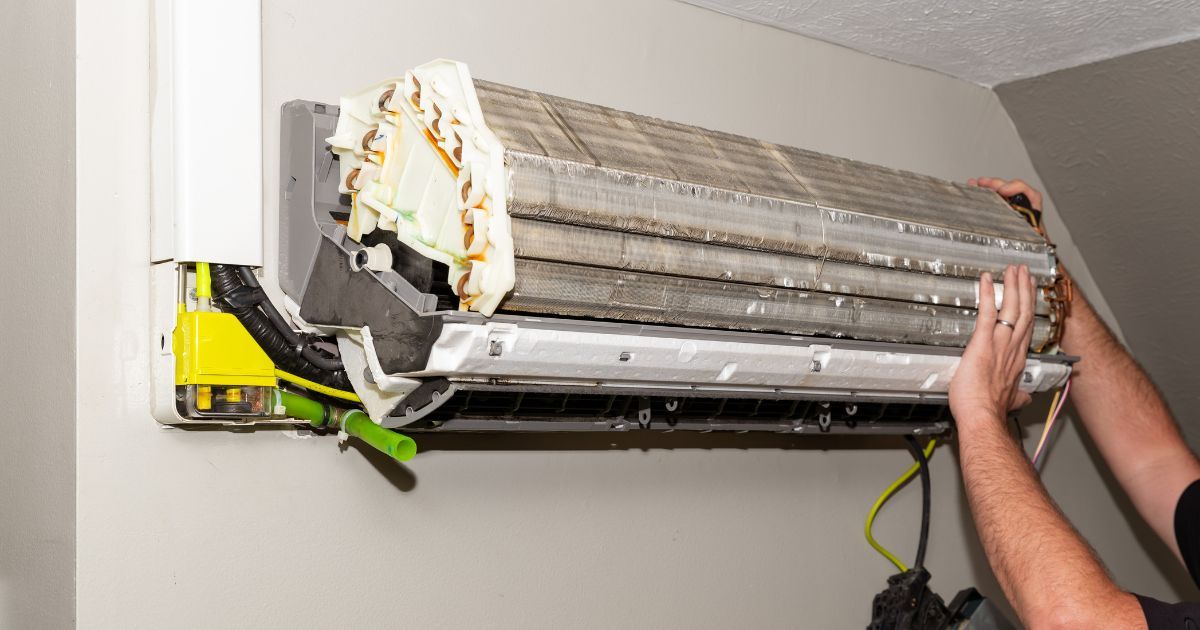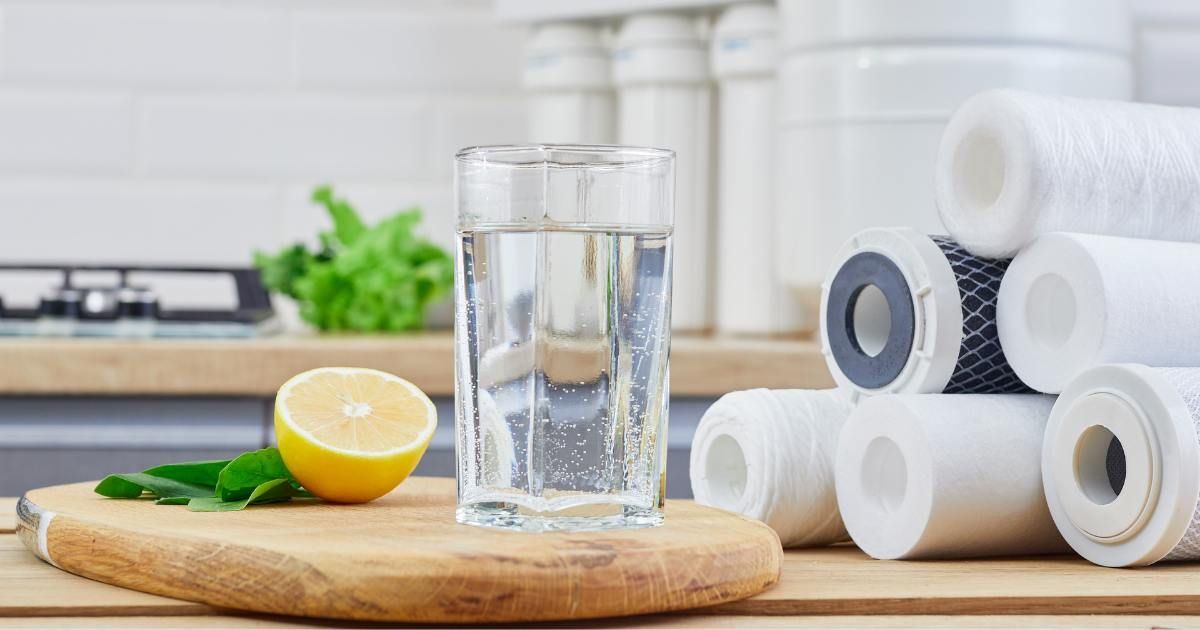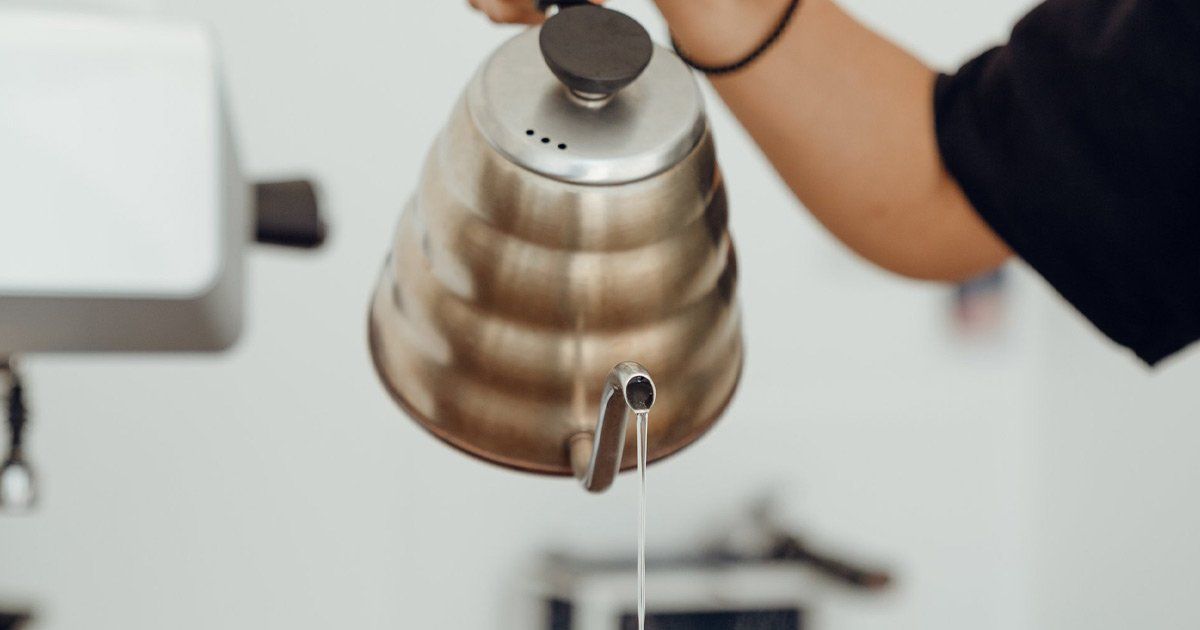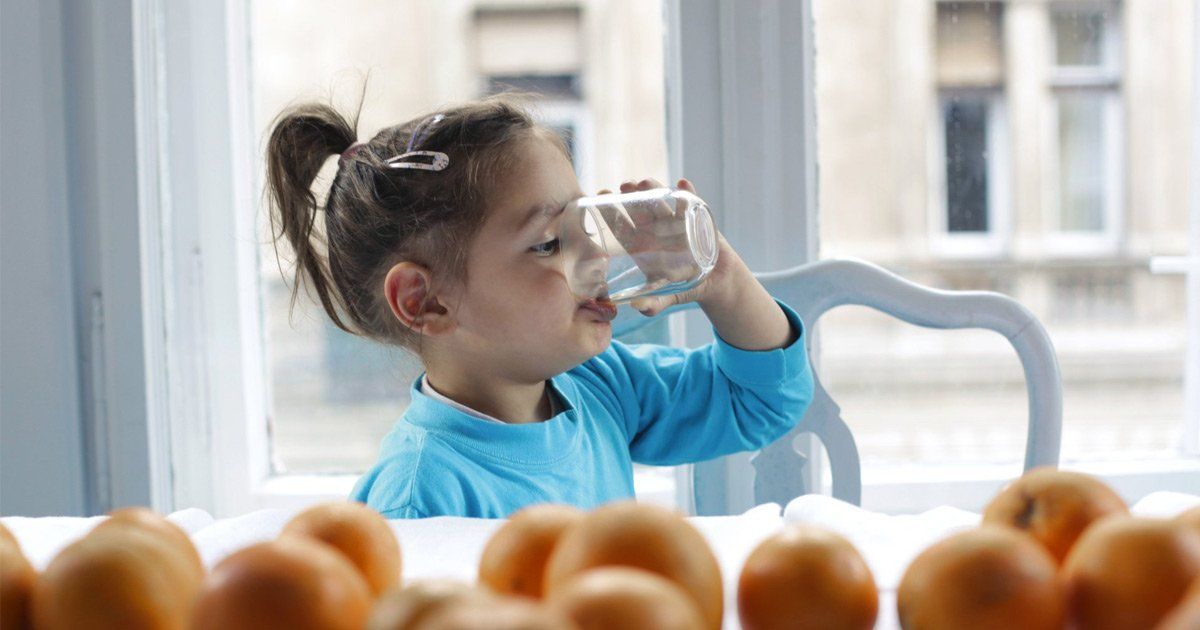Is Bottled Water Safe?
The Safety Concerns Surrounding Bottled Water: Chemical Leaching and Plastic Contamination
Bottled water has become a ubiquitous choice for hydration, offering convenience and the perception of cleanliness. However, concerns have emerged regarding the safety of consuming water from plastic bottles. Plastic derived from petroleum and hardened with potentially hazardous chemicals, can leach into the water it contains. The extent of this leaching is said to be influenced by factors such as temperature and the duration of water storage. In this article, we will explore the potential risks associated with bottled water and the importance of understanding these concerns.
Plastic Composition and Leaching
Plastic bottles are typically made from a material known as polyethylene terephthalate (PET), a form of plastic derived from crude oil. During the manufacturing process, PET is combined with various additives to enhance its durability and resistance to heat. It is these additives, such as phthalates and bisphenol A (BPA), that have raised concerns about the safety of bottled water.
Chemical leaching occurs when the additives in plastic bottles migrate into the water they contain. Higher temperatures, whether during storage or transportation, can accelerate this process. Additionally, the length of time water spends in contact with the plastic, including the time between bottling and purchase, can increase the chances of chemical transfer. Consequently, the concentration of potentially harmful substances in the water may be elevated under these circumstances.
Health Implications
The presence of chemicals leached from plastic bottles raises concerns about potential health risks associated with consuming bottled water. Phthalates, for example, have been linked to hormone disruption and adverse reproductive effects in animal studies. BPA, another common additive, has been associated with similar concerns and may interfere with the endocrine system. While more research is needed to fully understand the extent of these health risks in humans, it is essential to approach bottled water consumption with caution.
Environmental Considerations
Beyond the health implications, the widespread consumption of bottled water contributes to environmental concerns. Plastic pollution poses a significant threat to ecosystems and wildlife, with discarded bottles often ending up in landfills, oceans, and other natural habitats. The production and disposal of plastic bottles also contribute to carbon emissions and the depletion of finite resources.
Safer Alternatives and Responsible Practices:
To mitigate the potential risks associated with bottled water, consumers can adopt a few practical strategies. One option is to choose alternatives such as glass or stainless steel bottles, which do not leach chemicals into the water. These reusable containers not only reduce plastic waste but also offer a safer choice for long-term use.
Another practice to consider is ensuring proper storage and handling of bottled water. Avoid exposing bottles to high temperatures, such as leaving them in a hot car or direct sunlight. Opt for purchasing bottled water with the most recent production date to minimize the duration of chemical leaching.
Conclusion
While bottled water may offer convenience, concerns regarding the safety of plastic bottles and the leaching of potentially harmful chemicals cannot be ignored. The additives in plastic, combined with elevated temperatures and prolonged storage times, increase the risk of chemical transfer into the water. As consumers, it is crucial to be aware of these potential risks and explore alternative, safer options. By choosing environmentally friendly and healthier alternatives, we can promote both our well-being and the sustainability of our planet.

